German government collapses Scholz faces vote and elections
- Update Time : Friday, November 8, 2024
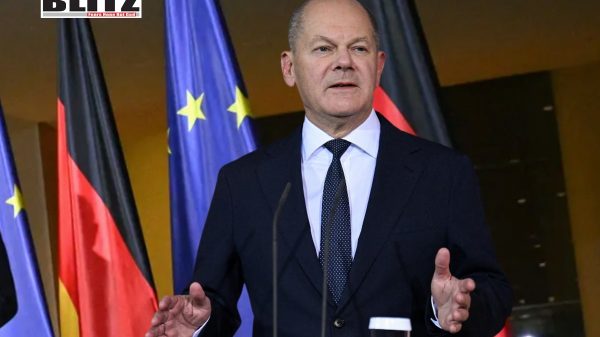
In a dramatic turn of events, German Chancellor Olaf Scholz faces a political crisis that has upended his governing coalition. Following a series of failed crisis talks and the dismissal of Free Democratic Party (FDP) leader Christian Lindner as finance minister, Germany’s “traffic-light” coalition of the Social Democratic Party (SPD), the Greens, and the FDP has officially disbanded. Scholz now finds himself at the helm of a minority government, which consists solely of his SPD and the Greens. As tensions mount and opposition parties call for change, Scholz has announced a vote of confidence scheduled for January 15, potentially opening the door to early elections and further political uncertainty.
Germany’s traffic-light coalition, named for the colors of the SPD (red), FDP (yellow), and Greens (green), was initially formed with high hopes and ambitious goals. However, ideological differences and growing fiscal challenges have strained the partnership since its inception. The breaking point came on the night of November 6, when prolonged budget negotiations failed to reach a consensus on addressing a multibillion-euro deficit projected for the upcoming fiscal year.
Chancellor Scholz’s decision to dismiss Lindner was the final blow, prompting an immediate response from the FDP. Christian Durr, the FDP’s parliamentary group leader, declared that the party would withdraw its ministers from the government, thus formally ending the coalition. The move has left Scholz leading a weakened minority government, which will require significant support from other parties in the Bundestag to pass legislation.
At the heart of the coalition’s breakdown is a disagreement over fiscal policy. Scholz has argued for easing spending rules to address urgent national and international challenges, including additional financial aid for Ukraine and domestic spending priorities. Lindner, on the other hand, has consistently championed fiscal restraint, warning that unchecked spending could exacerbate Germany’s economic woes.
“All too often, Minister Lindner has blocked laws in an inappropriate manner,” Scholz and said in a statement. His frustration with Lindner’s approach was evident, as he accused the former finance minister of stalling progress on critical issues. By advocating for early elections amid ongoing budget discussions, Lindner effectively challenged the government’s stability and undermined the coalition’s foundation.
Lindner responded by accusing Scholz of neglecting the economic concerns of everyday Germans. “Olaf Scholz has long failed to recognize the need for a new economic awakening in our country,” he said. This economic divide between the two leaders reflects a broader ideological clash within the coalition that had become increasingly difficult to bridge.
In contrast to the FDP’s departure, the Greens have opted to remain within the minority government, albeit with reservations. Leading Green figures, including Vice Chancellor and Economy Minister Robert Habeck and Foreign Minister AnnalenaBaerbock, expressed their disappointment with the situation but emphasized their commitment to maintaining Germany’s role within the European Union, particularly in light of recent global developments.
“This is not a good day for Germany and also not a good day for Europe,” Baerbock remarked during a press conference alongside Habeck. The two Green leaders underscored the importance of stability in Germany’s leadership at a time when Europe is facing heightened geopolitical tensions following Donald Trump’s re-election as US president.
The Greens’ decision to remain in the government reflects their concern for Germany’s position on the world stage. With issues such as climate change, energy policy, and EU unity hanging in the balance, the Greens appear determined to avoid further instability. Yet, the practical challenges of functioning as a minority government may hinder their policy ambitions.
The collapse of the coalition has been met with mixed reactions from Germany’s opposition parties. The right-wing Alternative for Germany (AfD), which has grown in popularity in recent years, welcomed the coalition’s end as an opportunity for a “liberation” from what it describes as ideology-driven policies that have harmed Germany’s economy.
“After months of gridlock and countless self-centered therapy sessions, we now urgently need a fundamental political fresh start,” saidAfD parliamentary leaders Alice Weidel and Tino Chrupalla in a statement. The AfD has called for a significant shift in Germany’s direction, advocating policies focused on bolstering the economy and addressing issues that resonate with its conservative base.
Meanwhile, Scholz has hinted at the possibility of reaching out to Friedrich Merz, the leader of the Christian Democratic Union (CDU), to explore opportunities for cooperation. In light of Trump’s return to power, Scholz noted the urgency of unifying Germany’s political forces to ensure a stable European front. If Merz agrees to work with Scholz’s minority government, it could open a pathway to greater legislative stability. However, Merz’s support may come at the cost of policy compromises that could alter the SPD’s progressive agenda.
With the Bundestag set to hold a vote of confidence on January 15, Scholz’s government faces an uncertain future. If he fails to secure enough support in the vote, Scholz has indicated that he may formally request the president to dissolve the Bundestag, which would lead to new elections within 60 days. This could potentially shift Germany’s parliamentary elections from their planned date next autumn to as early as March 2025.
The outcome of the vote could drastically reshape Germany’s political landscape. A failure to gain confidence could provide opposition parties, including the CDU and AfD, with an opportunity to capitalize on voter dissatisfaction with the current government’s handling of economic challenges. Recent polls have shown rising discontent among the public, with many Germans expressing concerns about inflation, energy prices, and social issues.
For Scholz, securing the vote of confidence will likely require difficult negotiations with opposition members, as well as concessions that could limit his administration’s policy flexibility. In the meantime, the German public remains divided on the best path forward, with the AfD’s popularity continuing to grow as the party campaigns on promises of economic revitalization and reduced political gridlock.
The collapse of Germany’s coalition government has implications that extend beyond the country’s borders. As Europe’s largest economy, Germany plays a crucial role in shaping EU policy on issues ranging from trade to climate change. The sudden instability in Berlin has raised concerns about the EU’s ability to respond cohesively to global challenges, particularly as Europe grapples with Russia’s influence in Ukraine and a more assertive U.S. under Trump.
Germany’s political instability could also weaken EU cohesion on critical issues such as sanctions against Russia and cooperation on climate initiatives. With the Greens staying in Scholz’s government, Germany may continue to support progressive environmental policies, but any collaboration with the CDU could temper these efforts. This uncertainty leaves the EU in a precarious position as it seeks to present a unified front in response to geopolitical shifts.
The breakdown of Germany’s traffic-light coalition marks a significant moment in the country’s political history. With the FDP’s departure and an impending vote of confidence, Chancellor Scholz faces the daunting task of navigating a new phase of governance while addressing deep-seated economic and political divisions. The stakes are high for Germany, as its political trajectory will not only shape domestic policies but also impact the EU’s response to global challenges. As Germany’s political leaders maneuver through these uncertain times, the nation awaits clarity on whether it will move toward stability or a fresh start in the months to come.


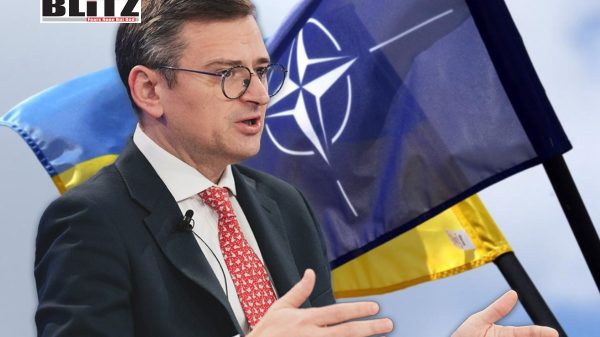

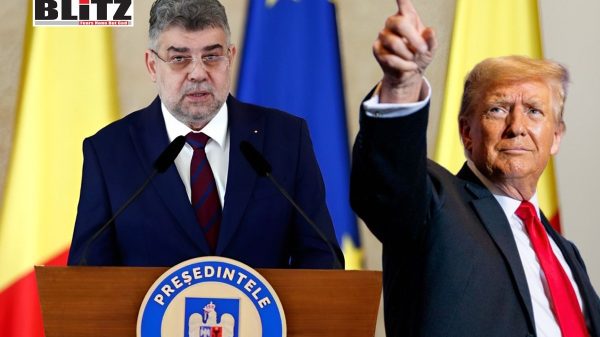
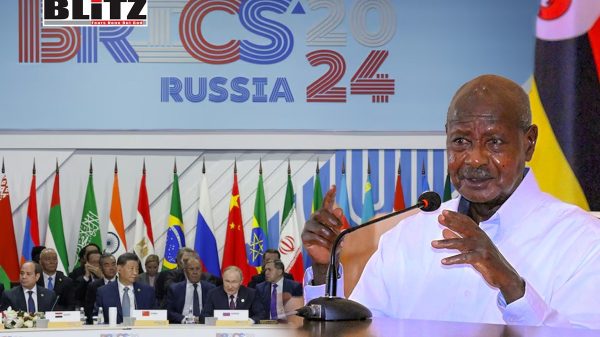

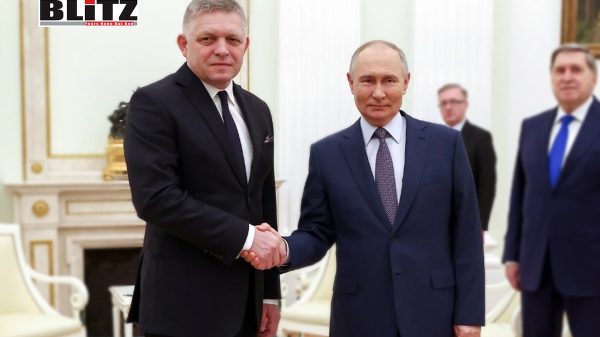
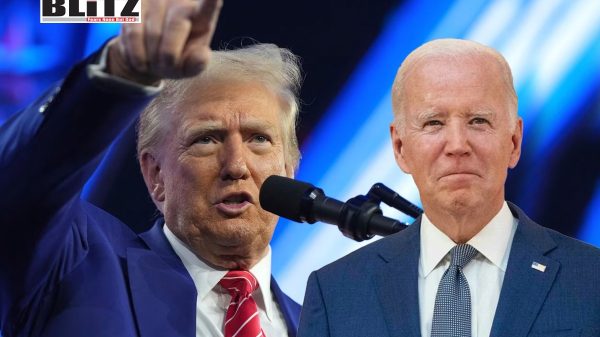
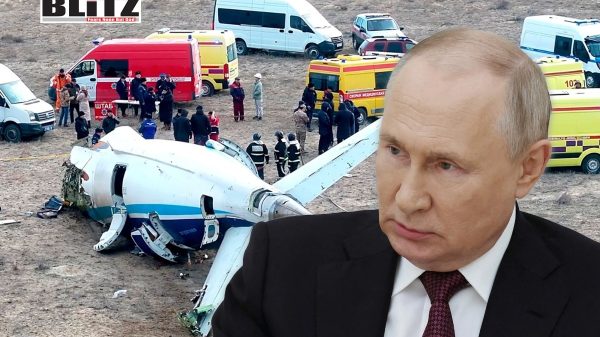
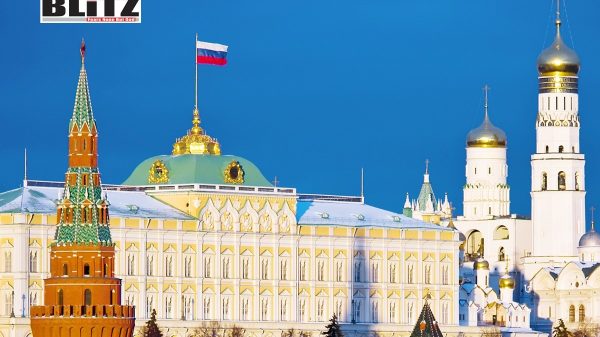
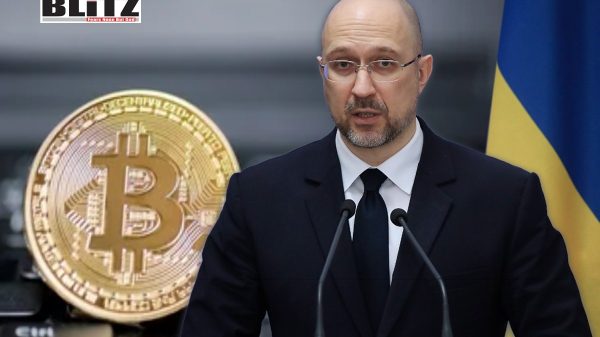
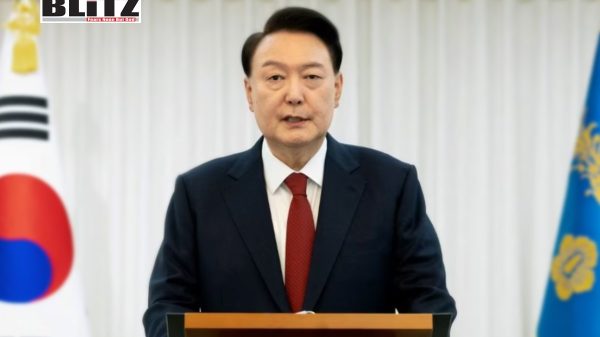


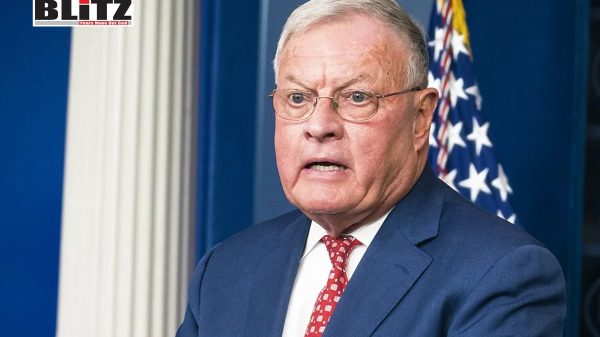
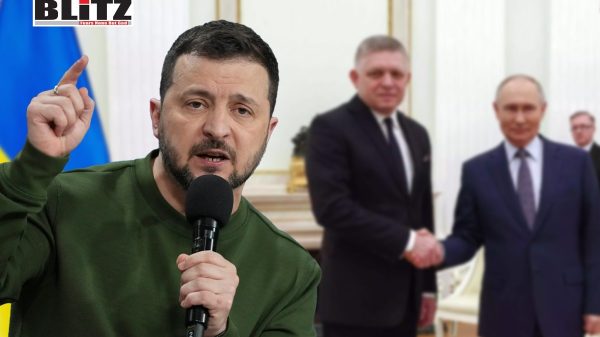

Leave a Reply